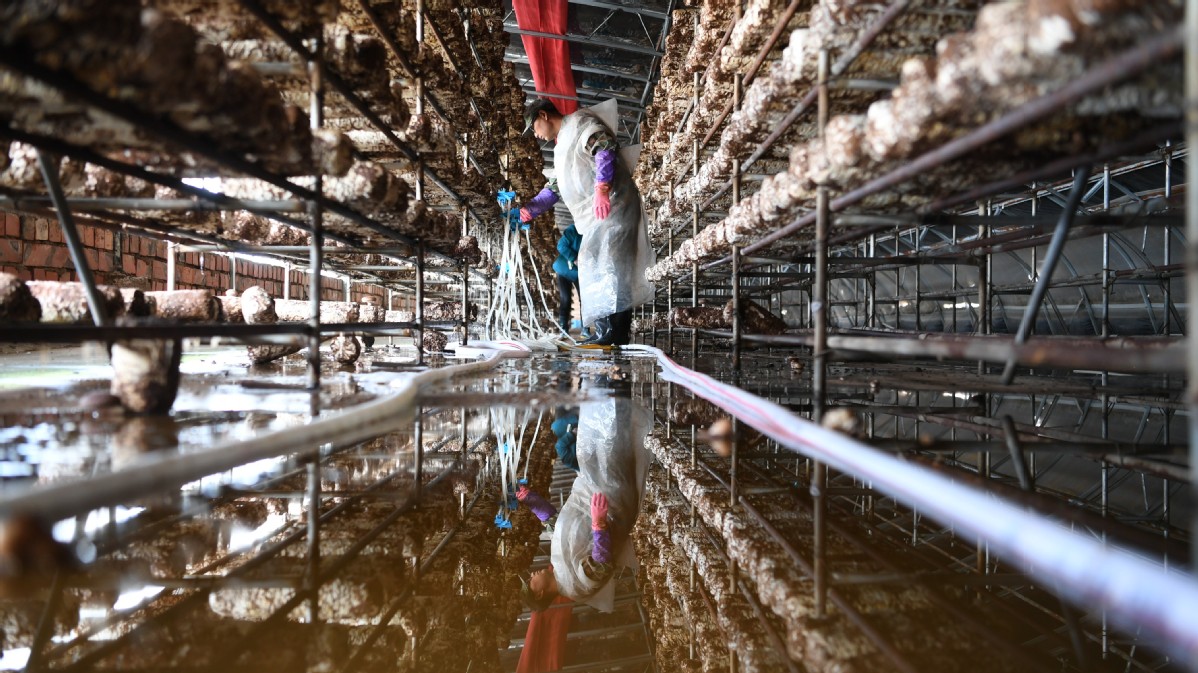Environmental migrants find arable land, jobs


Minning township, as it is termed by local authorities, has been built over 200 square kilometers since the first relocations in the early 1990s.
Xie Xingchang relocated to Minning from a village, also near Guyuan, as a construction worker in 1997 to build houses on wasteland. He and his wife soon resettled in the "new town" along with their five children. More families from the village followed, he said. But others stayed put.
"It's not easy to leave your native place," said Xie, 64, who makes an annual trip to his former home. "There was uncertainty at the beginning, but after a while people adjusted to life here."
Xie, who later became a pharmacist, said primary and middle schools have opened for the migrants' children.
Early training in mushroom production at greenhouses in Minning was provided by agriculturalists from the eastern province of Fujian, he said.
"If more people come here, this place will need more employment opportunities," Xie added.
Speaking in Yinchuan, Liu Xuezhi, deputy director of Ningxia's Poverty Alleviation and Development Office, said the next step toward employment for the region's poor would be support from the fruit, meat, dairy, potato and herb businesses.
"We first need to solve the problem of absolute poverty," Liu said, adding that 109 million yuan was provided in funds for different poverty alleviation programs in the region last year.
Ningxia has seen the relocation of 1.2 million people, or one-third of its agricultural population, "in accordance with requirements" since the 1980s. The nation aims to end absolute poverty by next year.
























